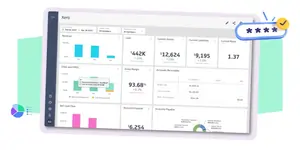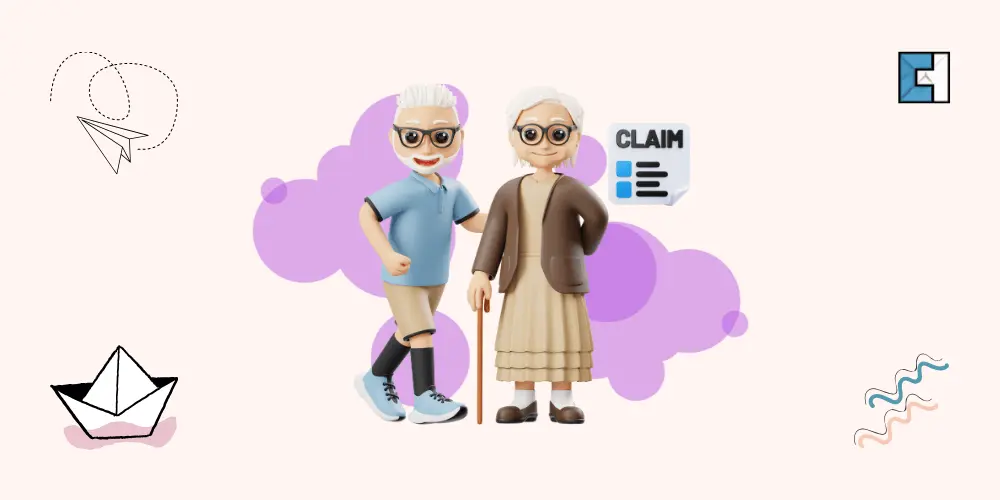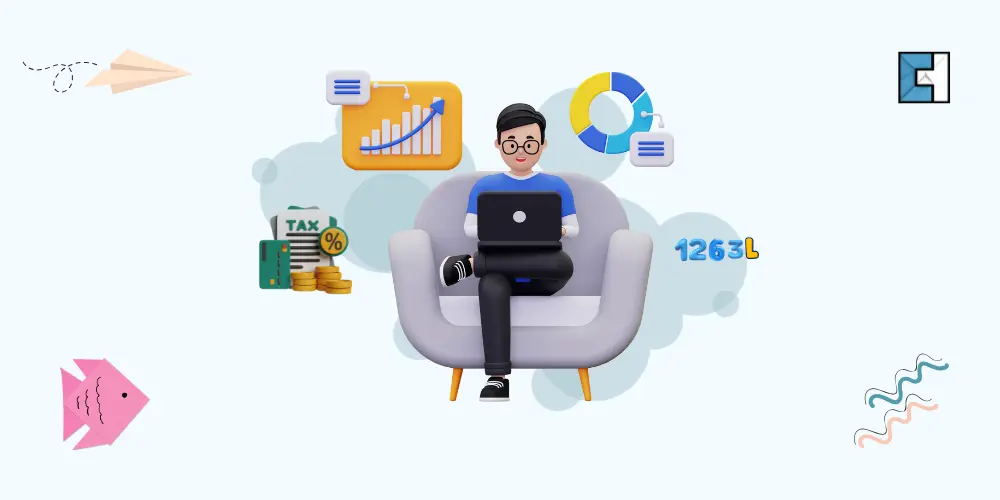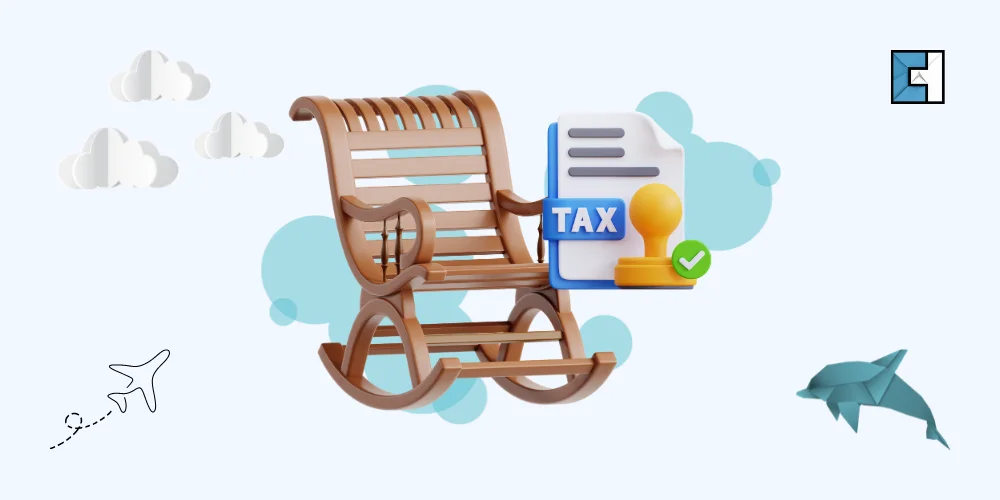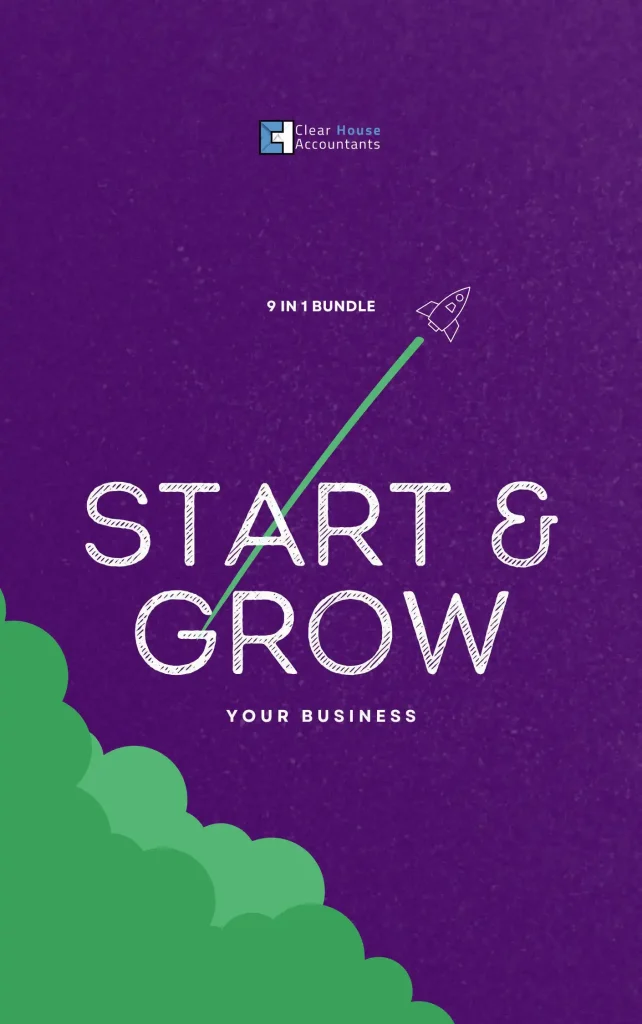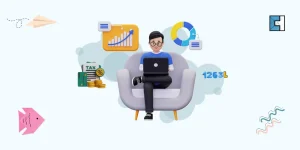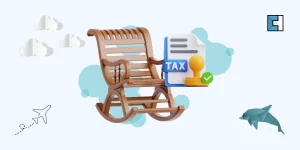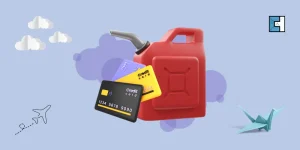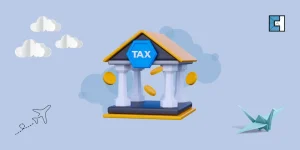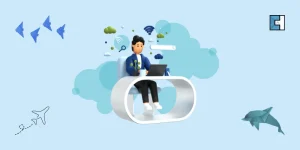Did you know you can easily earn tax-free money, if you complete the correct paperwork, you will not be charged more by HMRC than is required. If you make the most of the tax benefits on offer, it is feasible to save up to £42,370 completely tax-free each year.
We’ve compiled a list of the exemptions and reductions that you need to know about to earn tax-free money.
Personal Allowance:
The first £12,570 of income is not taxed. This is a significant tax incentive. You may transfer income-generating assets to your spouse or civil partner so that the future income is either tax-free in their hands or taxed at a lower rate if they do not have enough money on their own to fully take advantage of their personal allowance
The benefit is applied automatically (unless you’re on an emergency tax code). It’s worth noting that from July 6, the National Insurance threshold will increase from £9,568 to match the personal allowance of £12,570.
Starting Rate on Savings:
You may also earn up to £5,000 in interest on your savings and not pay tax, although this only applies if you make less than £17,570 a year. If you are entitled to the full £5,000 exemption or less because of your personal allowance, the starting rate is reduced by one for every pound over that amount.
If you earn an annual income of £15,000 or less, your starting rate will be reduced by £2,430. That means you might make up to £2,570 in interest tax-free.
The best easy-access savings rate is currently 1.5 per cent, provided by Chase. To exceed the starting rate, you would need to keep more than £333,333 in stash accounts with that rate.
Personal Savings Allowance to Earn Tax-Free Money:
If you don’t meet the initial qualifying criteria, you may still enjoy a tax benefit called the personal savings allowance. You must be a top-rate taxpayer to lose this perk.
The Personal Savings Allowance (PSA) introduced in 2016 allows you to earn up to £1,000 of interest tax-free if you are a basic rate taxpayer earning up to £50,270. Any interest earned over and above this is taxed at a rate of 20%.
For individuals who earn more than £50,270 a year, the subsidy is reduced to £500. The rate for those earning more than £50,270 is 40%.
The personal savings allowance does not apply to additional-rate taxpayers who make more than £150,000 a year.
Basic rate taxpayers can still keep £66,666 in a bank account paying 1.5 per cent per year before tax and hit their personal savings allowance sooner if interest rates rise. Higher rate individuals can store up to £33,333.
Dividend Allowance:
Dividend payments from holdings outside an Isa are subject to a lower rate of dividend tax, although the first £2,000 is nontaxable.
If you’re in a relationship, you may split some shares with your partner so they can enjoy the same amount as well. You pay 8.75 per cent if you are a simple-rate taxpayer, 33.75 per cent for higher rate taxpayers, and 39.35 per cent for additional
You can save up to £20,000 in a tax-free Isa each year and dividends paid on those investments are also tax-free, so it makes sense to utilize this exemption first.
Capital Gains Annual Exemption:
Without paying any tax, you may earn up to £12,300 in profit from the sale of assets each year. This might include selling shares, buying a second house (for which your primary home is exempt), or valuable art or jewellery. If you do not claim the annual annual capital gains tax exemption, it is lost and cannot be carried forward. If you expect to exceed your allowance in one year, you should wait until the following year to sell additional assets.
Where you own an asset in partnership with another person, such as a marriage or civil partnership, you may claim both allowances. This means that where you sell a second home, for instance, you can make up to £24,600 before CGT kicks in.
Remember that inter-spouse transfers are tax-free, so if one spouse or civil partner has not used their annual exemption entirely, consider giving some property to your spouse to get the most out of your tax return.
Trading Allowance:
The IRS allows you to deduct expenses related to your side hustle as long as they are necessary for the operation of your main job. It could be babysitting, selling crafts on Etsy, or loaning personal equipment like garden power tools.
If your entire trading income for the tax year is £1,000 or less, you may claim the whole amount using the trading allowance.
If you make £1,000 on eBay selling widgets, you don’t have to pay tax. There’s no need to declare it. It’s a simple method to boost your income without having to pay taxes.
When you calculate your profit for each quarter, add up all of the expenses to determine how much money you want to claim for your trading allowance. Remember that when you claim the trading allowance, you cannot deduct business costs from your income. If you have expenditures over £1,000, it’s preferable to deduct them from your trade income rather than claiming them.
Claim Rent-a-Room Allowance to Earn Tax-Free Money:
Under the government’s rent-a-room program, you can offer rooms in your house to renters and collect up to £7,500 per year tax-free. The rented space must be furnished; it cannot be self-sufficient.
If you have more money from renting than £7,500, you must submit a tax return and pay tax on either the overall rental profit after utility bills and wear-and-tear expenses are taken into account or the rental income beyond £7,500.
Don’t forget to consider expenses against your income, such as redecorating and furnishing the area, which isn’t as beneficial as adding an en suite bathroom since it would add value to your property. There may be some bigger expenditures in your first year that are worth mentioning. However, you can’t claim costs and the rent-a-room allowance at the same time. You’ll have to crunch the numbers to see which one reduces your tax burden the most.
Property Allowance:
Up to £1,000 is tax-free if you profit from a property that you own. Property income includes any compensation derived from the sale of land or buildings, as well as rental revenue from a flat or house and even parking fees. It might also include money earned from a van, a caravan site, or a houseboat. If your costs are greater than your income, you may be better off taking deductions rather than the allowances.
The property allowance cannot be combined with the rent-a-room allowance.
Earn Tax-Free Money
Many individuals end up paying more tax than is necessary as a result of their lack of knowledge concerning all of their allowances. Professional tax assistance can help you save time, effort, and money.
It will also help you avoid common errors and increase your take-home pay by optimizing tax allowances. It can also assist you in avoiding mistakes on your tax return if required.
Additional Resources
















